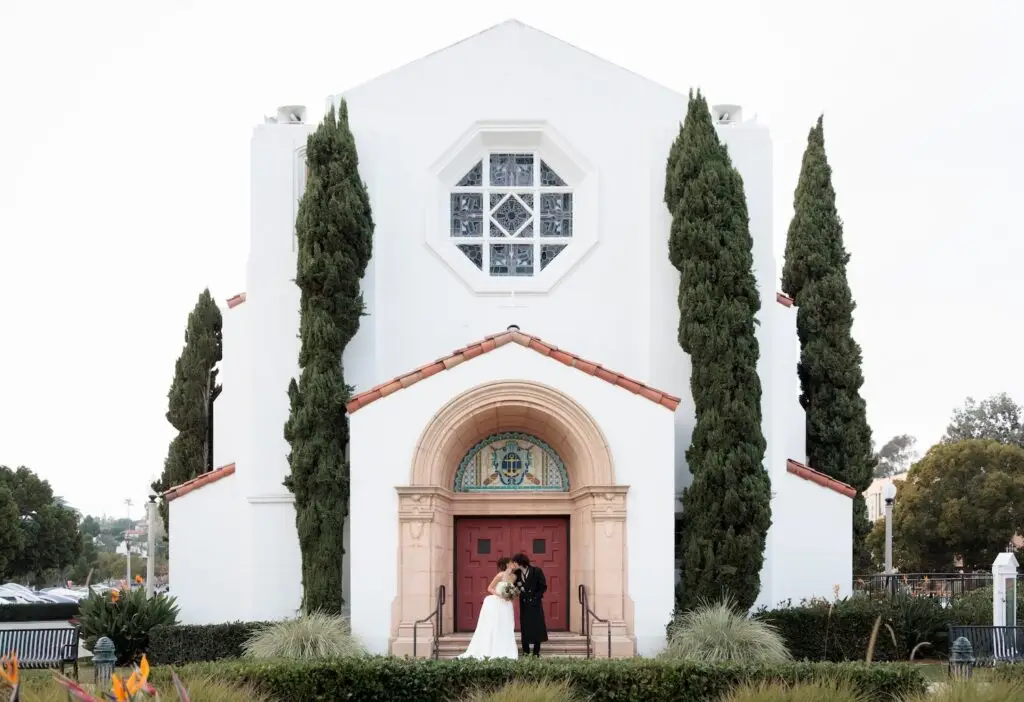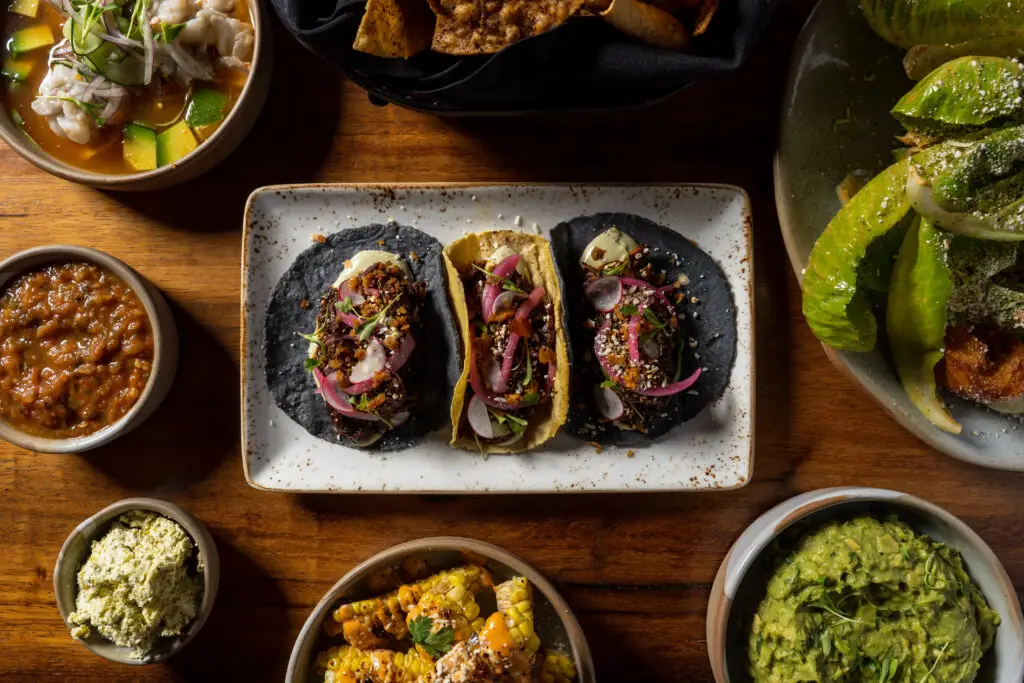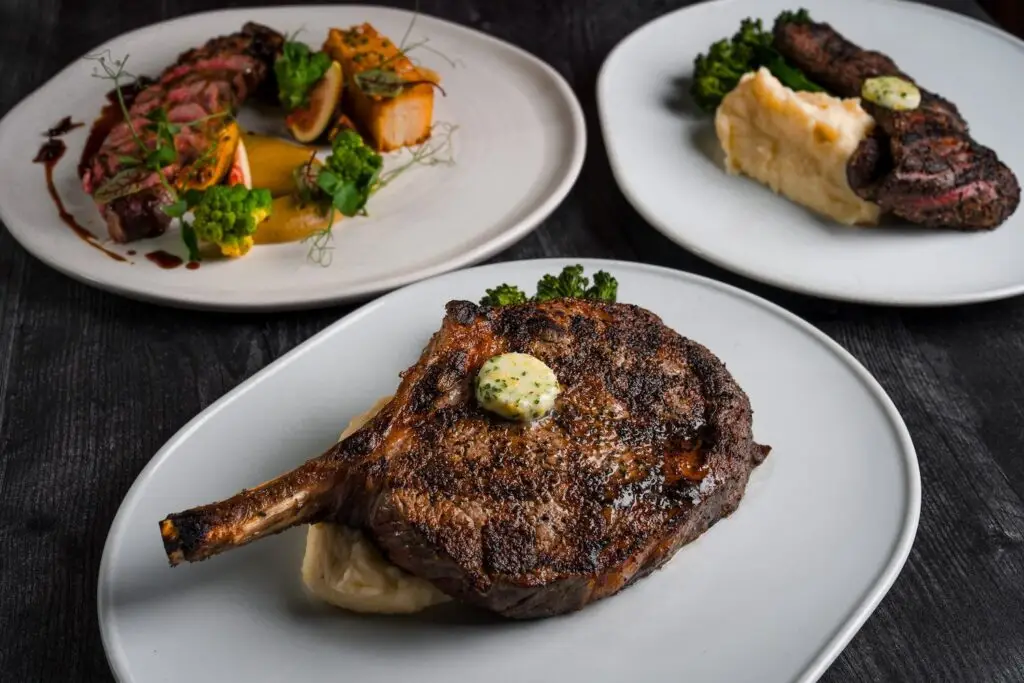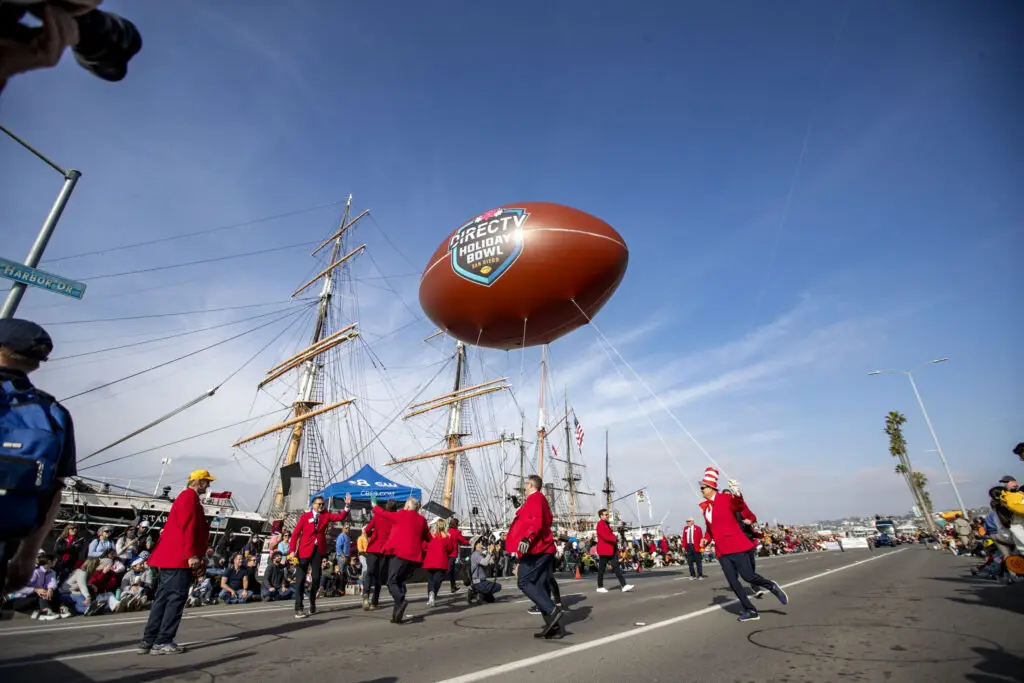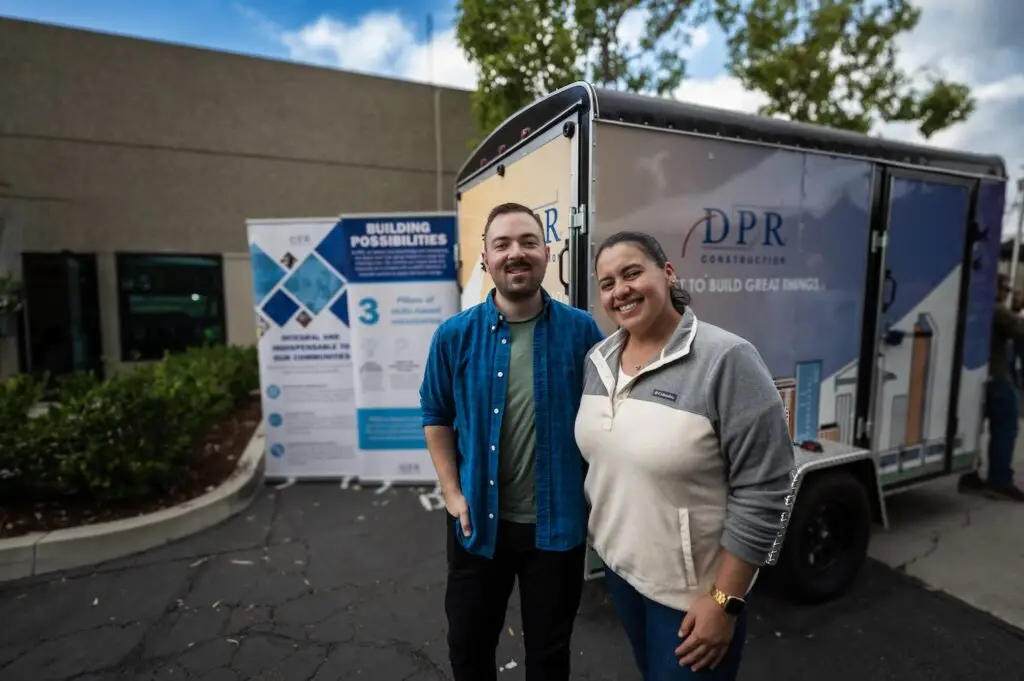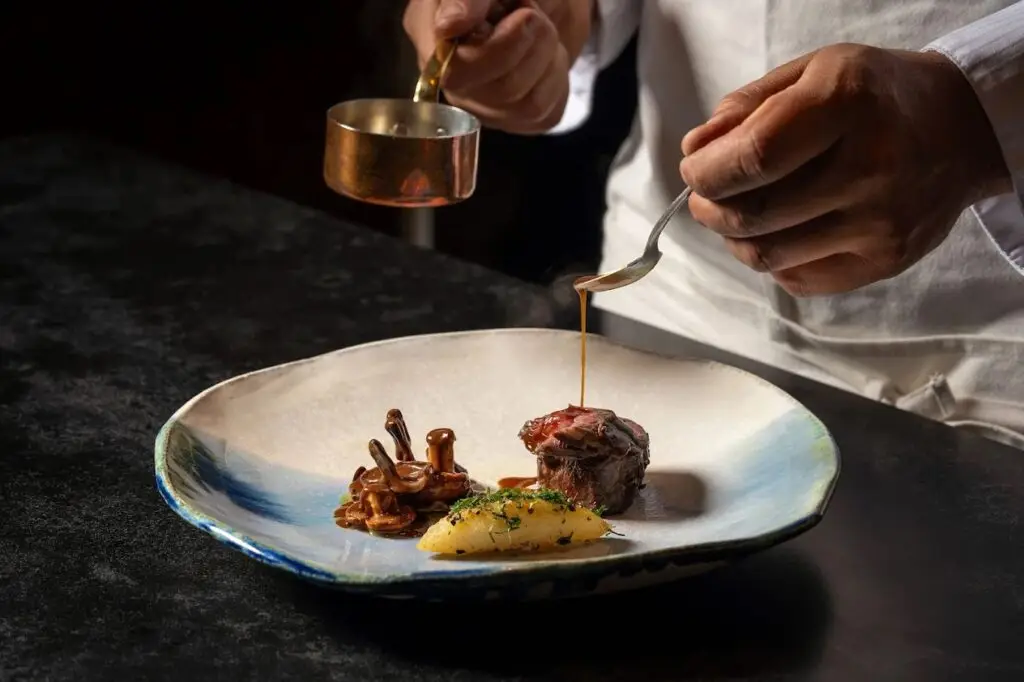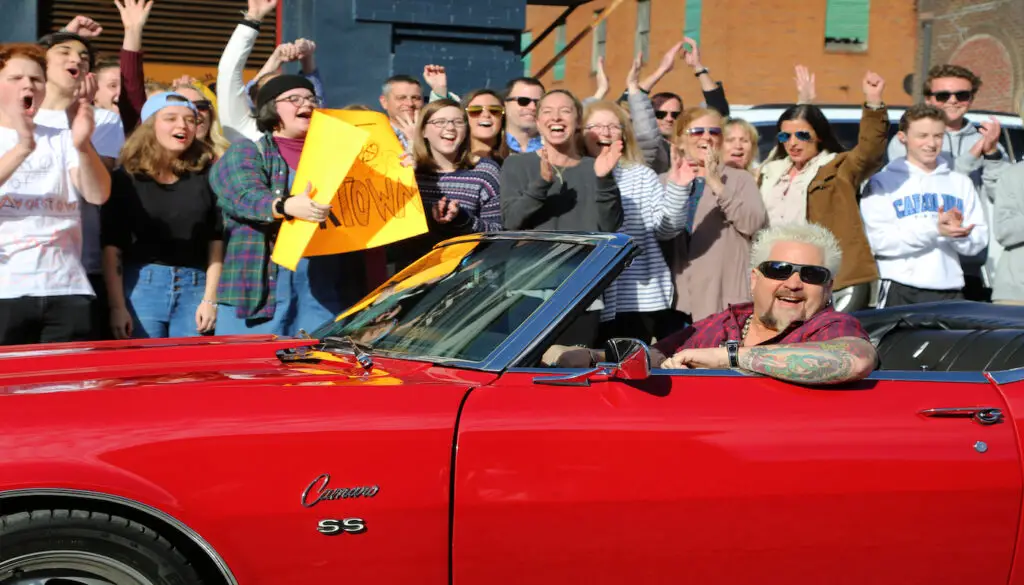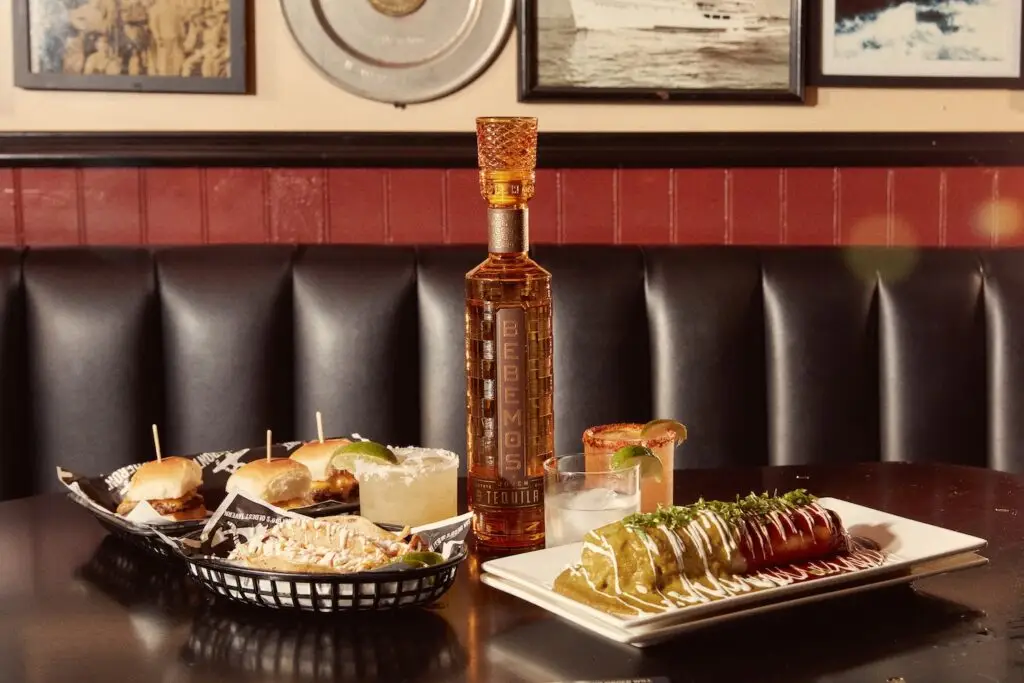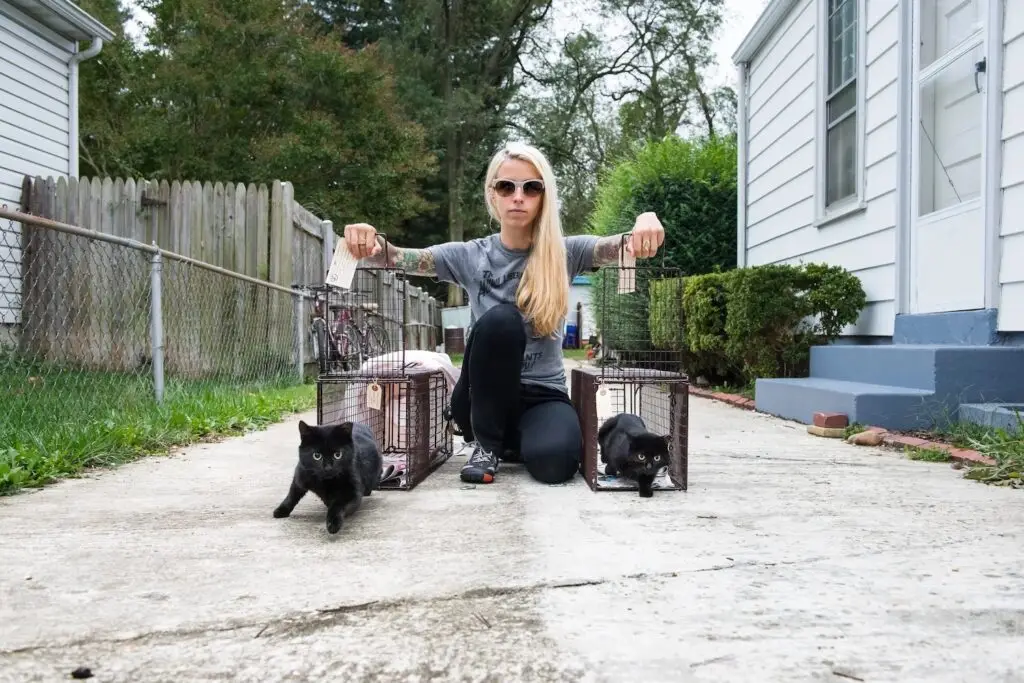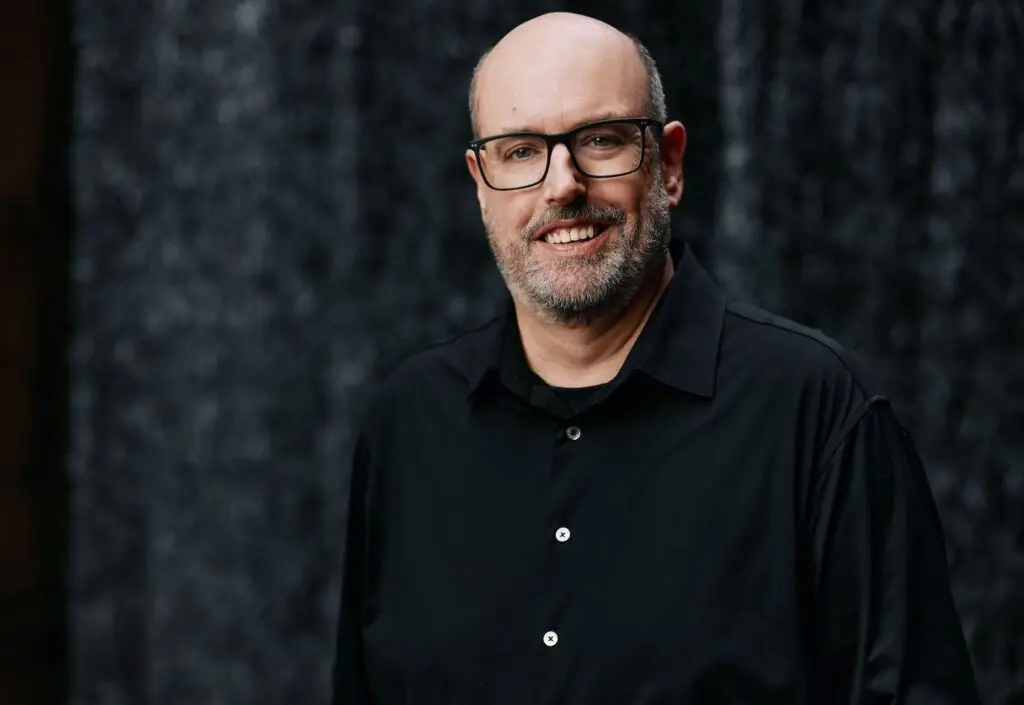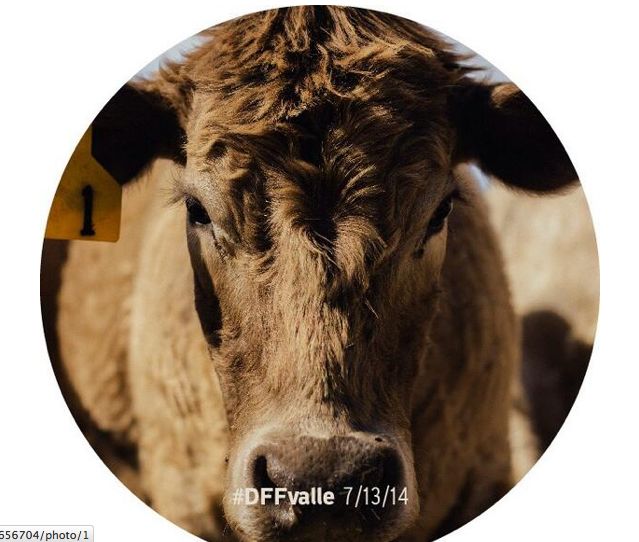“I don’t think I can do it,” I texted my friend.
I’m scared. He calls.
“I’m scared, too” he says. “A rancher told me each animal has its own scream. But lambs don’t scream. They cry.”
We both just sit for a second letting that awful bit of news sink in, two throat lumps breathing at each other. I wonder what an emotional breakdown feels like.
Next week, I’m scheduled to watch a lamb die. What have I gotten myself into?
On July 13 on the farm of one of Baja’s most respected chefs, Javier Plascencia, we will harvest our own food. “Harvest” is the nicest word. It has synonyms. Like “kill.” Or “slaughter,” which is the worst word, more aligned with industrial farming and CAFOs (Contained Animal Feeding Operations) that represent low-points of the American food system.
The day-long experience I’m taking part in is called “Death For Food.” It was started by San Diego photographer Jaime Fritsch, whom I met months ago through a mutual friend at creative studio, Set & Drift.
Out of deep respect for animals, we are going to kill them and create a feast using every part of them.
It’s no secret that America’s food system is fairly dysfunctional. At least 80 percent of the antibiotics made in the U.S. go into our livestock—a necessity to survive the disease-causing bovine Auschwitzes (CAFOs) we’ve designed for them. Those antibiotics result in super-bacteria, strong enough to win a battle with the apocalypse (or oxacillin, penicillin and amoxicillin). The existence of CAFOs speaks to the indifference of the American public to the welfare of our food animals.
Without question, there’s a terrible waste of meat in our country. We only eat the sexy cuts (filet, tenderloin, etc.). We order more than we need and throw out “scraps.” No matter how cavalier you are about meat consumption, it’s hard not to see that as a waste of an animal’s life.
Just how have we become a country of carnivores with little to no respect for meat? I’ve spent years thinking about this. And I have to believe it’s because most of us only see meat as perfect cubes of prime cuts, sealed under cellophane at the grocery store. Or as a kobe beef slider. We see meat as a product, not the terminus of a life cycle.
We were once hunters and gatherers. We were intimately connected to wildlife, and the violent process required to make it become food. That ingrained a deep respect for meat. Now, we never see our food animals. We only see the tasty burger.
Native Americans had all sorts of respectful harvest rituals. A family friend of mine raises sheep. When she has to harvest, she sits with them for hours, quietly saying her good-byes. Then she slits their throats and cries for a few more hours. She uses every bit of the animal.
Within reason, I try to eat as ethically as possible. For me, that means supporting farms that treat food animals and laborers humanely. I support farms that produce food in an ecologically friendly manner (using cover crops, minimal synthetic fertilizer, etc.). I try to eat less meat, except when my job as a food writer demands it.
“Shopping at Trader Joe’s or Whole Foods isn’t enough,” a rancher told me recently at the annual Berry Good Night for sustainable agriculture. “People need to get involved in the food process.”
So that’s what we’re doing with Death for Food. We’re taking our heads out of the sand (which is a really warm and comfortable place to keep your head). We’re gathering the courage to reconnect ourselves to the real-life process of eating meat.
It’s time I looked my dinner in the eye, and—under the watchful eye of an expert rancher—help usher it as quickly, humanely and efficiently as I can, into sustenance. Into meat. I realize this is not revolutionary. My rancher friends would think this cute, because for them harvest is a daily part of life. But it’s not a part of my life. And as a carnivore I feel a responsibility to ensure it is, at least once.
None of us involved with Death for Food are anti-meat crusaders. We are all carnivores. We’re just a little troubled by how disconnected we are from the process of meat.
The more I’ve thought about Death for Food, the more extreme ideas I’ve entertained. I daydreamed about DFF being a catalyst for public education—that each high school-aged child would be encouraged through curriculum to watch an animal harvest. Maybe that would help them develop into a more respectful, temperate, waste-averse carnivore. Maybe if we all saw a steer harvested, we wouldn’t order the triple-stack dare burger and discard half of it.
In the outer reaches of impractical extremism, I even thought about the possibility of a “Carnivore License.” What if, once a year, us meat-eaters were mandated to witness a harvest? After doing so, we’d be “licensed” for another year of burgers and chateaubriands. I’m betting that the experience would turn each of the licensed meat eaters into more responsible, respectful ones.
There is no sensationalism in Death for Food. We all want to harvest/kill our own dinner. But not for any Ted Nugent-esque reason. We’re not looking to beat our chest atop Mount Food Chain.
Every participant has their own motives. Fritsch wrote eloquently about his own in this blog post. For me, Death For Food is a startlingly real way to reconnect my own humanity and emotions to the food system. It’s about taking the blinders off, looking my dinner in the eye, and fostering a deep level of respect for what has to happen so that I can eat meat.
As for the “Death for Food Valle De Guadalupe Harvest + Feast” on July 13, it will be a pretty wonderful one. Not all grisly heartache. A tour bus will meet attendees on the U.S. side of the border. There will be mezcal service on the bus. We will be greeted at Finca Altozano for a wine tasting of Valle de Guadalupe wines from Mogor Badan. We will al have the option of harvesting our own quail for dinner. Chef Plascencia will cook a six-course meal under an oak tree on his property. An art installation of small, ethical animal farm harvesting (featuring Fritsch’s photos) will be on display. Monkey Paw Brewing has created a special beer for the event, which will be paired with each course. I will read a piece about the time I watched a fish die on my plate as I ate it. Others will talk. People will eat, laugh, discuss.
I have no idea if I’ll be in the mood for revelry after killing a small, pretty bird. But that’s the question mark and power behind Death for Food. Like life, it’s not entirely comfortable. Like a life well-lived, it’s about immersing ourselves deeply and examining the benefits and repercussions of our actions.
Ideally, we’d like Death for Food to attract the most progressive food minds for a rare experience—something that has the potential to alter us for the better on a deep, molecular level. There are only 60 seats, and 40 are already taken by some of the area’s most inspiring food/art/culture minds.
If you’d like to join us, buy tickets for the day and fill those last 20 seats. It’s not cheap. Transporting a herd of food people to a different country, orchestrating a quail harvest, and producing an all-day feast under an oak tree is not an inexpensive enterprise.
I can’t promise I won’t cry that day. But I can promise it will be full of very creative, progressive people trying to do something very, very good.

PARTNER CONTENT
Death for Food Valle de Guadalupe Harvest + Feast, July 13.
